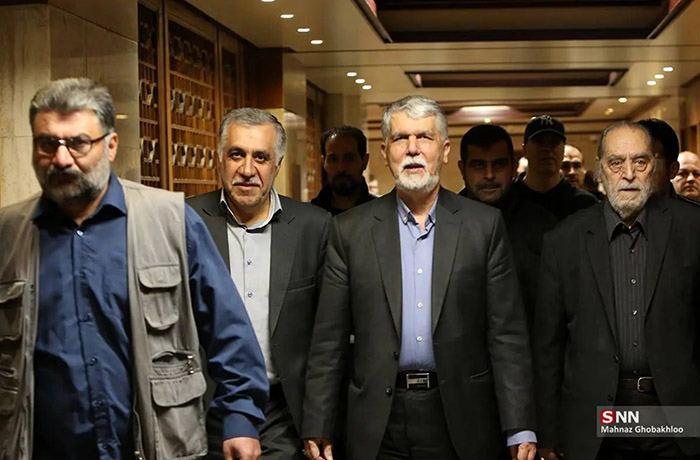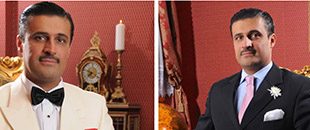-
“Father” (Pedar, 1995), also directed by Majid Majidi, became a milestone in Iranian cinema and in Kasbi’s career. His portrayal of a stern yet compassionate stepfather earned him the Crystal Simorgh for Best Actor at the 13th Fajr International Film Festival. This role established Kasbi as one of Iran’s foremost dramatic actors, known for his ability to portray complex paternal figures caught between authority, love, and moral duty.
-
“The Wall” (Divar, 2007), directed by Ahmad Reza Darvish, earned him another Fajr Film Festival nomination for Best Actor. The film was a socially charged drama reflecting the struggles of ordinary people in the post-war reconstruction period.
In addition to his cinematic work, Kasbi became widely recognized on television through his performances in popular series such as:
-
“Khoshrekab” (2005) — a family drama that showcased his comedic timing and warm screen presence.
-
“Se dar Chahar” (Three in Four, 2008) — a social series portraying contemporary Iranian family life, in which Kasbi’s nuanced acting earned widespread praise.
Through these performances, Kasbi became a familiar face in Iranian households, admired for his authenticity, fatherly demeanor, and ability to convey both strength and vulnerability.
Playwriting and Screenwriting
Parallel to his acting career, Mohammad Kasbi was also active as a playwright and screenwriter. He wrote several plays, including the published works “Zalo” and “Bayegani”. The latter, which he also directed, was staged at the Tehran City Theater and received a Plaque of Appreciation at the 5th Festival for the Best Sacred Defense Book, an event celebrating literary and dramatic works about the Iran–Iraq War (1980–1988). His plays often dealt with moral dilemmas, human suffering, and the spiritual endurance of ordinary Iranians — recurring themes that mirrored both his religious sensibilities and his humanistic worldview.

